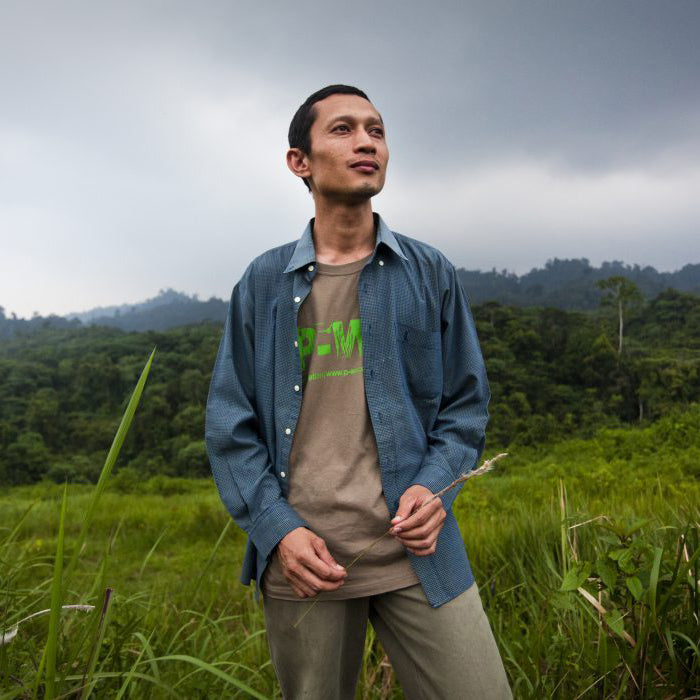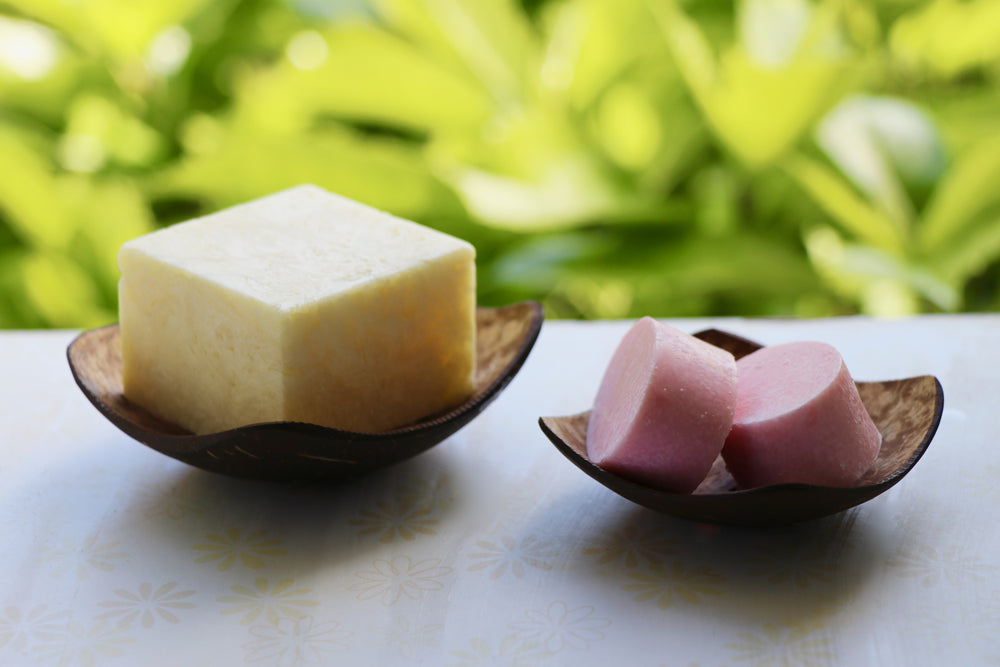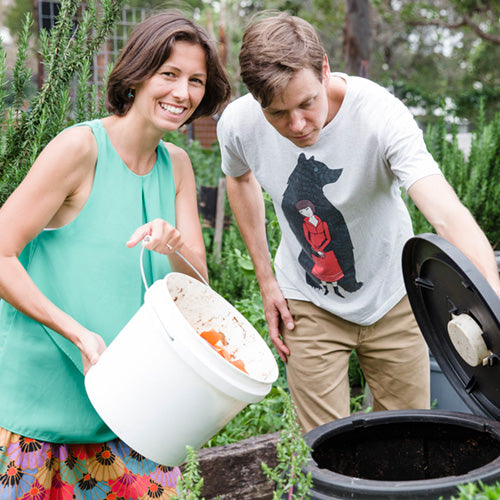
In honour of World Environment Day, I put together a list of incredible people doing incredible things for the environment and I found so many examples of eco heroism. It’s all part of feeling the good feelings about the work we’re all doing, instead of getting bogged down by the enormity of the task.
Take a bow, Rudi Putra
Sumatra-based biologist Rudi Putra is fighting the good fight against the illegal palm oil industry in the Leuser ecosystem. This is where logging groups illegally tear down ancient, native forests and plant palm-oil trees. In remote areas, there’s little oversight and even less enforcement – except for Rudi and his team of NGOs, politicians and community leaders.
They’re taking direct action.
They locate illegal plantations and approach the oil farmers to educate them on the destruction they’re causing, and that it’s short-term thinking. They also let them know it’s illegal and that they will be reported if they keep going. For many farmers, the offer of education and support (with a bit of legal threat!) is enough for them to relinquish their land willingly. Their plantations are felled and the land left to return to its wild state. It doesn’t always go according to plan - and that’s when the authorities get involved and tear down the illegal plantation anyway.
All in all, it’s risky business – Rudi operates in a violent, unregulated industry in violent unregulated parts of the world.

[ Rudi Putra gives a presentation to the district government of Aceh Tamiang. (Photo: Goldman Environmental Prize) ]
Sustainable production, not boycotts
You may have noticed, sustainable palm oil is a passion of mine. We’ve banned it from our products, but really, the long-term fix isn’t boycotting – it’s ensuring that the palm oil produced is genuinely sustainable. That’s because palm oil is incredibly versatile, and actually quite efficient to grow and produce – for example it needs far less land and water than many other oils. So switching everyone in the world to, say, coconut isn’t likely to net us any environmental benefits. And then we also need to think about the people and communities who rely on palm-oil production.
So sustainable palm oil: that’s the goal – and Rudi agrees.
“In principle we are not totally against the oil palm plantations. We are only against those that destroy our forests. We combat them by doing some personal approach. We try to provide some form of understanding to the owners. For difficult cases we do take legal action when required.”
What’s the big deal with palm?
Right now, the palm oil industry is hugely destructive. That’s because the demand for it is so high (50% of all products in the supermarket and 95% of the cosmetics in the bathroom contain palm oil) and it’s produced in countries with very little environmental oversight. Local farmers often have only one way to provide for their families – slashing and burning ancient native rainforest to plant palm oil trees. And if they refuse, they’re often forced off their land, and rainforests are lost anyway. The huge multinational companies who are buying the oil aren’t paying a fair price either, which compounds the problem – more slashing, burning and planting. Indonesia claimed the unenviable double title of the world’s largest producer of palm oil.
So what’s the fallout from all that destruction? Orangutans are the poster child – according to some estimates, at current rates they’ll be extinct in the wild within 12 years – but they’re not the only animals at risk. Sumatran tigers, pygmy elephants, Sumatran rhinos and sun bears are also losing habitat at unbelievable rates.
Parts of Africa are now following in the footsteps of Indonesia and Sumatra. More than three million hectares across Liberia, Gabon and the Congo basin have been turned into palm oil plantations. They’ve displaced people, destroyed ecosystems and depleted crucial food-growing lands. Scientists estimate a further 22 million hectares will be acquired over the next five years.
It’s not just the animals we need to think about. Over a quarter of the medicines in use today can be credited to the rainforests – and with an estimated 99% of plants still unknown, there are almost certainly more life-saving discoveries to be made. Rainforests are also an important part in the water cycle and provide a crucial air cleaning service, not to mention sequestering carbon – deforestation will most decidedly speed up the effects of climate change.

[ Rudi Putra supervises a forest restoration team cutting down a palm oil tree in the Leuser Ecosystem, Indonesia. (Photo: Goldman Environmental Prize) ]
Restoring what’s lost
So far, Rudi and his band of eco-warriors have shut down and rehabilitated 25 illegal oil plantations and prevented countless others. Over 2,000 hectares of land have been restored, and over 2,000 more are in progress. Their approach has been so successful because instead of simply lobbying government (which they do too), they work alongside and educate local communities. It means with each plantation they shut down, they add more activists to their ranks and increase their impact.
And the kicker? Rudi implements and financially supports anti-poaching groups to protect the wildlife that begins to creep back into the regrowing rainforests (which, by the way, will take as many as 200 years to fully regenerate). It’s really only a drop in the bucket compared to the huge tracts of land deforested every day, but each hectare of land rehabilitated means an awful lot to struggling species. Bit by bit those drops will make a difference.




